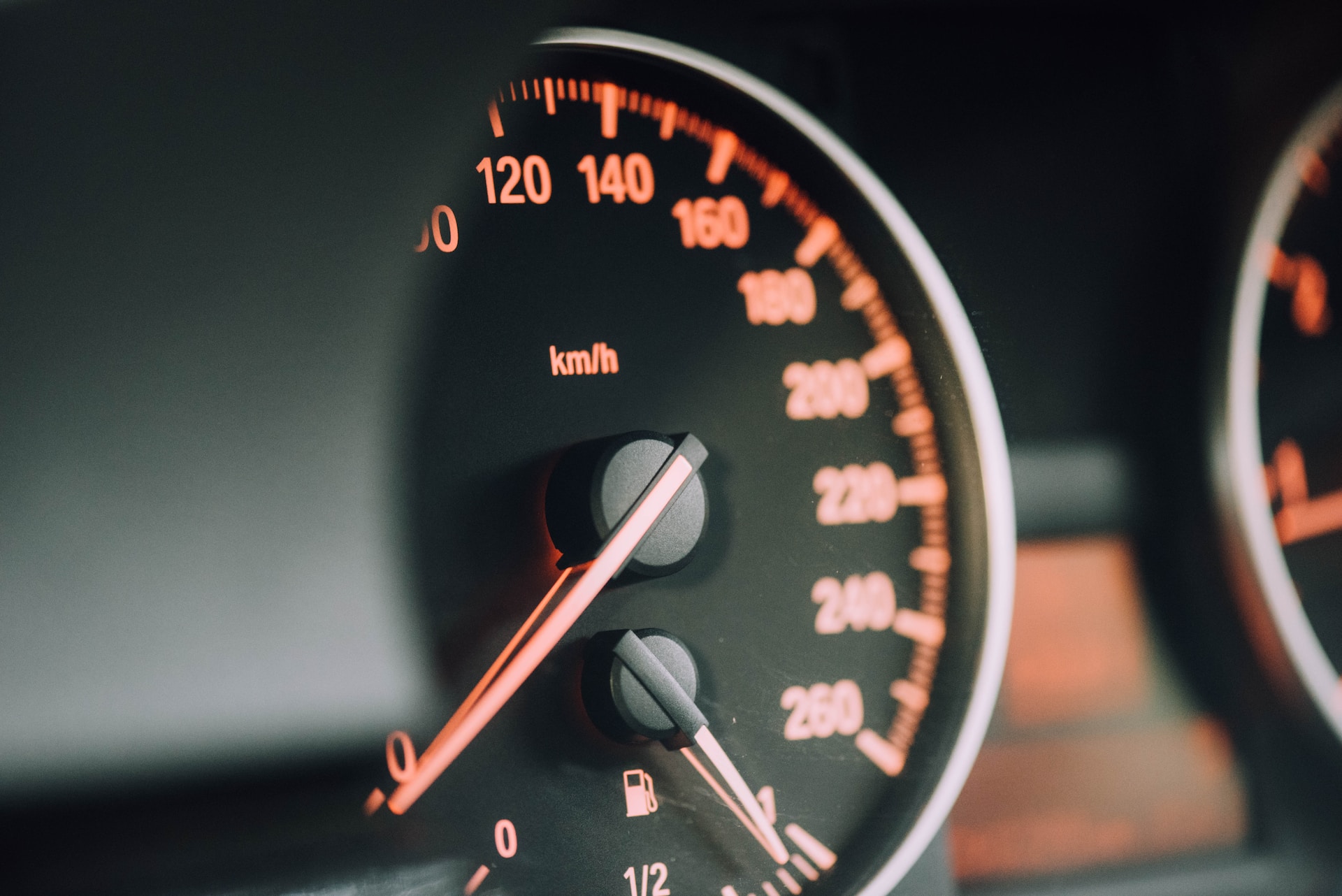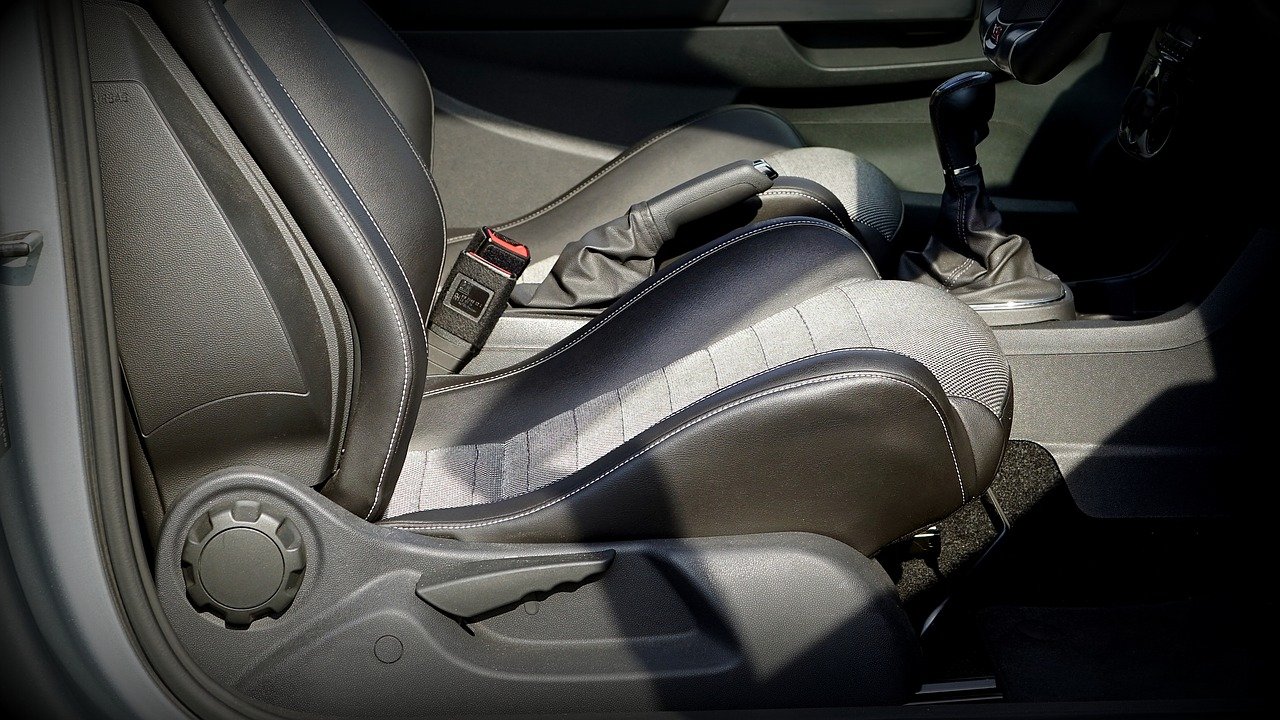Whenever the need for a new mode of transportation arises, the process of purchasing a car seems intimidating and complicated.
For someone who hasn’t bought a car before, many things can cause confusion, such as the car financing, specifications, and advanced features that he might not have used before.
We all marvel at the shiny new cars that others own and wish to drive the same one day. Although it is not forbidden to long for something visually appealing, there is a lot more to take into account when you are finally buying a car.
Rather than making a desire-based decision, go for a need-based analysis. Weigh in your options regarding long-term financial capacity, lifestyle demands, family size (and whether you are planning to increase it), and all the factors related to cost and functionality.
Thanks to the search engines and heaps of content available online, you can research the kind of car you wish to buy. You can also compare it with other potential options, read reviews, and look for the best deals online.
9 Things Owners Should Consider Before Buying a Car
By elaborating on the most important things to consider, we will lead you through a well-thought, informed car-buying decision. Read on to know how to choose the most appropriate transportation mode so that you don’t have to regret it later on.

1. Establish Your Financial Capacity
Buying a car with the features you desire isn’t the right way to determine whether it is the right one for you.
Cars with exclusive features have higher costs that may not fit your budget. Consider your financial situation closely before committing.
If you can pay the cost upfront, then price comparison will not be much difficult for you. However, car financing requires a well-planned budget within your monthly income until the payments are made (up to three years).
Firstly, you must assess your fixed costs such as bills, groceries, fees, and rent. Subtract these from your monthly income.
After that, calculate the monthly car installment, fuel costs, and auto insurance costs that will be required. If it can be paid with the remainder of the income, then you are good to go.
2. Used Or New Car?
Depending on your budget, you should determine the pros and cons of buying a used car or a new one. Mostly, used cars are considered by people looking for a lesser cost and insurance. Also, there is a notion that buying a car that has been in use for a few years is a safe option.
On the other hand, the value and resale of a new car are much higher. You can be sure that all its parts are original, and no damage has been done caused by accident. Car repair issues are very annoying, to be honest.
In this age of social distancing during the pandemic, online resources are a blessing for research, comparison, and purchase from the safety of your home.
When weighing your choices to buy a car online, choose the best dealerships that give you value for your money and peace of mind. If you do choose to buy a car online, the vehicle will need to be shipped to you.
3. Petrol, diesel, or electric car?
We all are witnesses to how fuel costs are. Fuel economy is one of the most vital factors to consider when buying a vehicle. It determines the value of the car in the longer run.
Select a car considering how many miles you are going to drive on average per day. If your daily commute is under 1000 km, a petrol car will be the best option. Anything above that requires a diesel car.
If you frequently commute for long drives out of the city, you can also consider the latest car on the horizon, the electric car. Electric or hybrid cars reduce the use of fossil fuels. Moreover, the increasing number of places to charge and long-range batteries make it a popular choice among consumers today.
The S&P Global Market Intelligence has forecasted that the global sales for electric vehicles in 2024 will go up to 6.4 million units, reflecting the hopes consumers have for this new technology.
4. Car Engine Power and Mileage
Engine power and mileage are two important things you should look for in a car you are about to buy.
A car with high engine power can give faster acceleration. A small car may have a 75PS, while a family car’s engine power may go up to 200PS. Unless you are buying a performance vehicle for commercial use or frequent highway drives, avoid buying cars that have over 300PS.
As for mileage, the average miles per year of a car are typically between 12000 to 15000 miles. If you are buying a used car driven more than that is a high mileage car. Remember that if your car maintenance is on the right track, it can go up to 200,000 miles.
Hence, instead of focusing on how much mileage the car already has, consider how many miles it can give in the future according to its condition.

5. Is The Car Big Enough For Your Family?
Is there enough room to comfortably accommodate all the members of your family?
Is the trunk size big enough to carry the stuff your family usually carries while traveling? Contemplate these questions before you purchase a new car.
If you have kids, you will need a car that has enough space for their car seats. Look for family-friendly interiors, including easily cleanable set covers, wider seats, and other ergonomic features to comfort long drives.
Your car must have a perfectly working infotainment system. You will know the value of it once you are on the road with fussy kids who need to be distracted. Even if you aren’t playing rhymes on it, it will guide you with navigation and make the journey an entertaining one.
6. Did It Go Through Any Significant Repairs In The Past?
Take into account any major repair that has happened in the past by checking the car’s repair records.
Minor auto accidents usually don’t cause much harm, but there is a risk of long-lasting damage if a major accident has occurred. Check for fresh undercoats, replaced parts, worn-out tires, wielding marks, and wheel alignment issues that point towards something serious.
Give special attention to the brakes. Check whether they are in sound condition and whether you can press hard enough on them to apply sudden full brakes.
Mechanical repairs should also be thoroughly checked to make a well-informed decision. Don’t forget to check the VIN (Vehicle Identification Number) and digital vehicle history reports.
7. Driving comfort
Driving your car shouldn’t be a tiring task that leaves you with an aching back and spasms every time you return home. To ensure that you will have the ultimate driving comfort, take a test drive before buying the car.
There should be adequate legroom for optimum relaxation so that you don’t have to reach for the brakes far or cram up your legs.
Besides that, there should be an appropriate gap between your head and the car roof for better visibility of the road and surroundings. It will also avoid bumping your head to the roof every time there is a sudden jerk.
The seat belt should be of an appropriate size so that you can comfortably keep it fastened no matter how long the drive is. The driver’s seat should also be in accordance with ergonomic standards to help you stay comfortable and pain-free.
8. Will Its Maintenance Cost Be Affordable?
It would be ideal to consider the car’s service costs and whether they fit your budget. Please don’t make the mistake of buying models whose high maintenance charges would indebt you as it won’t be practical.
Do thorough research and learn the basic, regular care (oil change, coolant change, battery recharging, tire change) of the kind of car you are buying. This will cut down maintenance costs and make you aware of what to do if there are a breakdown and other such issues.
You should also have an idea of where to get the spare parts of the model you are about to purchase. Cars with manual transmissions usually have cheaper repair costs than automatic cars.

9. Does It Have Proper Safety Measures?
To ensure that you drive safely alone or with family, check the availability of airbags, good seat belts, back camera, mirrors, and reversing sensors of the car.
Conclusion
Buying a car isn’t a decision that you should take in haste. It will have a massive impact on your lifestyle and commute.
To get a good value for your money, check everything else mentioned above in the car besides its eye-pleasing exterior. Only if you are satisfied with all the factors will you close the deal and enjoy your ride with peace of mind.


